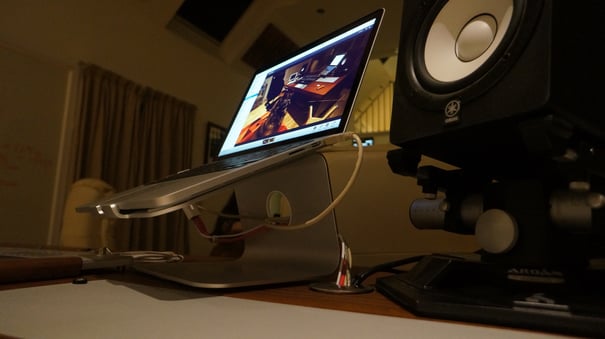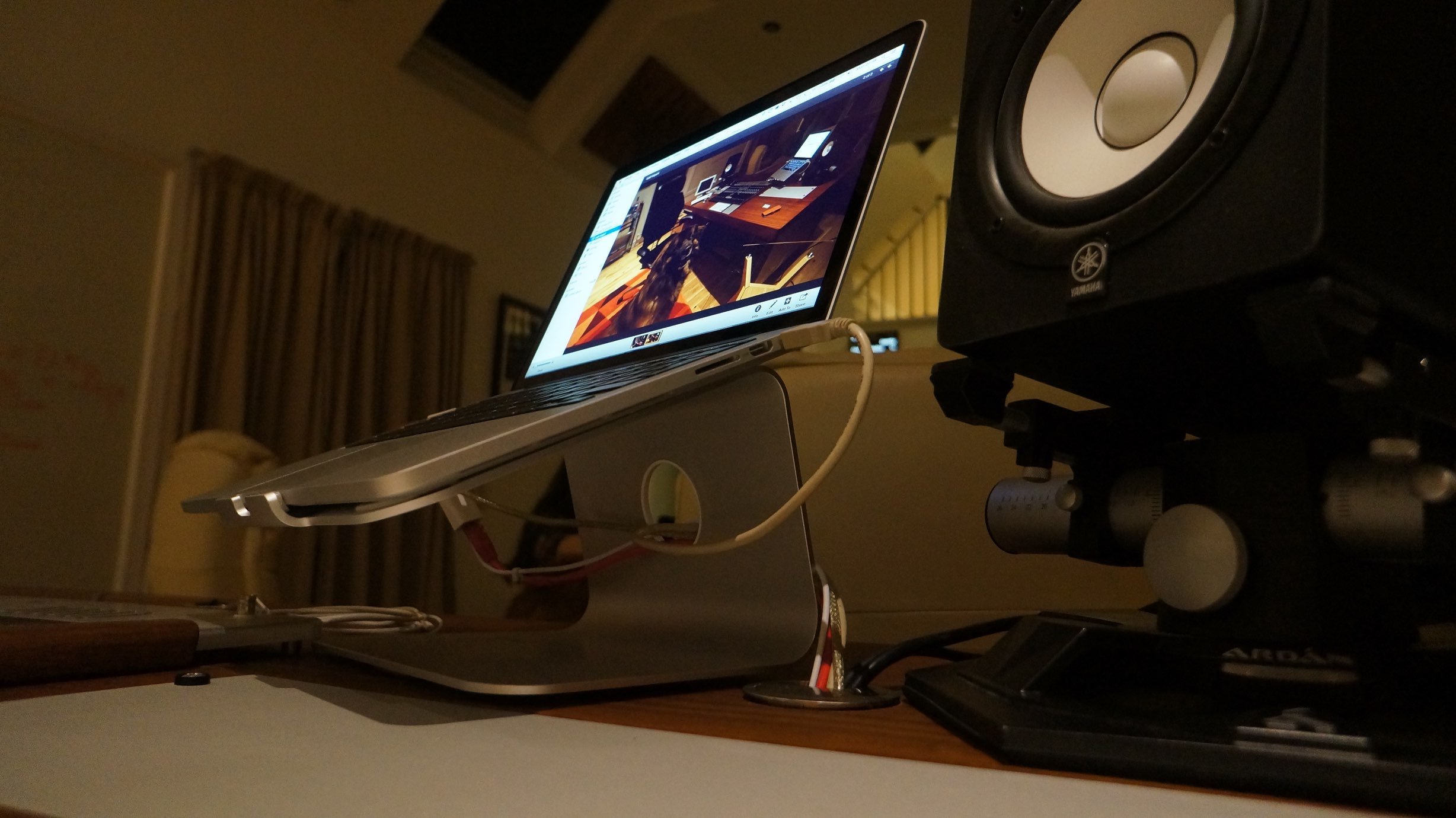Competing retailers have long had reason to fear Amazon, but recent developments suggest manufacturers may also have reason to worry. That’s because the company is now pushing its own private label products—capitalizing on their enormous troves of data concerning consumer purchasing habits— across multiple industries including fashion, perishable foods, and technology.
They now offer over 3,000 private label offerings, leading one online sales analyst to opine, "They're data scientists. They know what people want and they're going to mop it up."
Seller Beware?
Statistics touting Amazon's many successes are so ubiquitous they are almost cliché at this point, yet it bears repeating that it has become the starting and ending point for the vast majority of online retail commerce. This gives them incredible leverage and leeway—they can stand to offend some manufacturers, and straight up compete with others, without risking their departure.
Forward with Fashion
Over the last year, the ecommerce behemoth has started to roll out their own fashions, including separate brands for women’s apparel, men’s suits and dress shoes, and a children’s line. Combined, Amazon-owned apparel brands now sell over 1,800 products, giving traditional clothing retailers and manufacturers a couple causes for concern.
First, they can use their private labels to leverage manufacturers into signing contracts more favorable to the retail giant and push them into lowering costs when necessary. Second, and perhaps more pressingly, this could be just an early step on a path to fashion industry dominance, particularly when you consider the power of the current “fast fashion” retail trend. Can you imagine what Amazon could do with fast fashion?
Eating Up the Competition
Reports from Time and the Wall Street Journal suggest the retail giant is also preparing to enter the perishable food and household goods market under house-produced labels like Wickedly Prime, Happy Belly, and Mama Bear. Selling items like nuts, spices, tea, trail mix, snacks, coffee, diapers, and laundry detergent, the private label brands will be especially private—they will only be available to Prime members.
While they have yet to release their catalog of goods and prices, all indications point to a competitive if not prohibitive discount on these common items. All they need do to find their ideal price point is go through their sales data for similar items already available from other manufacturers.
Making it Rain
This same data has lead the giant to not only move into a market to compete with a manufacturer, but also to produce nearly identical products they have identified as top sellers with some profit margin wiggle room.

The story of the Rain Laptop Stand proves instructive. Rain designed and sold an incredibly popular, $43 laptop stand on Amazon, receiving overwhelmingly positive reviews for over a decade. About a year ago, AmazonBasics, their tech private label, began selling a nearly identical version. It costs $19.
“We don’t feel good about it. But there’s nothing we can do,” Rain’s general manager said.
By knowing precisely how much demand exists for an item and also knowing the costs of production and distribution, they can zero in on opportunities to undercut a manufacturer.
Margins and Opportunities
Indeed, Amazon has formed a precarious relationship with manufactures: they are mutually dependent but nowhere near equals.
Founder Jeff Bezos once famously said, “Your margin is our opportunity.” As partners, this means they will work with manufacturers to find an ideal price point that allows both parties to attract new customers. But, as their latest product offerings indicate, it also means they will undercut suppliers and eat up their market share.


